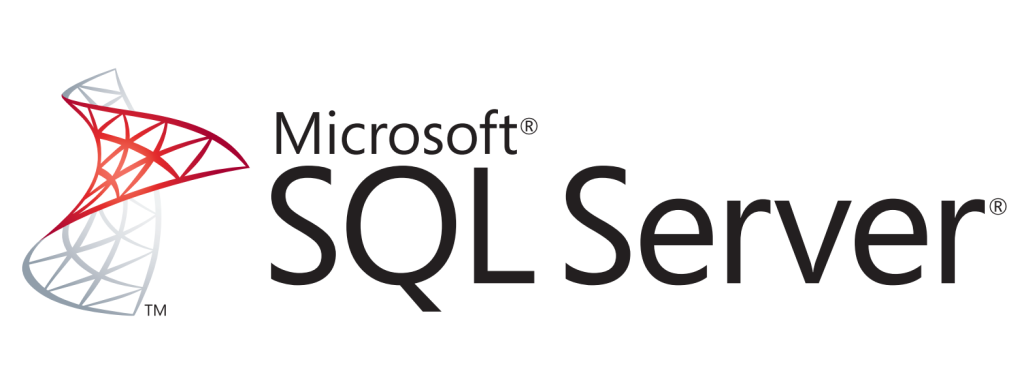SQL Server Express is a free database developed and distributed by Microsoft starting with SQL Server 2005 (initially, Microsoft free database server was called MSDE, and corresponded to the SQL Server 2000 version). Since its first release, SQL Server Express has always been a fast and reliable solution for applications and websites, with more than enough requirements for most uses.
Recently, Microsoft has also released the Express edition of SQL Server 2017, which still increases the maximum limits for its use, and also adds new interesting features on security and application deployment.
See also: SQL Server backup and SQL Express backup with Iperius
The limitations of SQL Express with respect to the Standard and Enterprise versions mainly concern the size of the single database, which cannot exceed 10 GB, the limitation of memory usage for the various instances, and the maximum use of 4 processor cores. Although these limitations may seem important, in reality, for small and medium-sized businesses and for applications that do not handle a high number of accesses or a huge amount of data, SQL Express is a high-performance and reliable solution. Furthermore, perfect compatibility with higher editions means that we can easily scale our applications to higher versions, if needed. To compare the editions of SQL Server 2017, see this article: https://www.microsoft.com/en-us/sql-server/sql-server-2017-editions
From the point of view of the tools supporting the database server, one absolutely positive thing is that we have SQL Server Management Studio available, exactly as for the paid versions. So an advanced, convenient and complete interface to manage databases, even remotely. Finally, in the “SQL Server 2017 Express with Advanced Services” version, we also have Reporting Services (in a limited version), a very powerful tool for creating and distributing advanced data reports.
Another very important feature made available by Microsoft is a specific edition of SQL Express, namely “SQL Server 2017 Express LocalDB“. This is a version of SQL Server, designed to be used in an “embedded” way with local applications. The LocalDB installation copies a minimum set of files needed to start the SQL Server Database Engine. Once LocalDB is installed, you can start a connection using a special connection string from your application. During the connection, the necessary SQL Server infrastructure is automatically created and started, allowing the application to use the database without complex installation and configuration tasks. For more information, see this article: https://docs.microsoft.com/en-us/sql/database-engine/configure-windows/sql-server-express-localdb?view=sql-server-2017
On the security front, a certainly positive note is the fact that you also have the “Always Encrypted” feature in SQL Express, which allows you to add an additional level of encryption and therefore security to the data managed by the database engine.
SQL Server Express can therefore be considered a reliable product on which to base applications, both in terms of database server performance and its longevity as a product. Microsoft, in fact, develops and maintains SQL Express with the same continuity and attention as paid database servers, adding new features and reducing limitations. Moreover, being a widely used product, there is a large community of developers and database administrators that can help us in case of problems.
Backup SQL Server Express
A final, but no less important, aspect is that concerning database backup. The good news is that SQL Server Express allows you to back up in the same way as the Standard and Enterprise versions. However, we need software that allows us to perform simple backups of one or more databases at a reasonable cost. For these operations we certainly recommend using Iperius Backup, a complete backup software compatible with all versions of SQL Server, including SQL Express.
Iperius Backup can perform scheduled backups of any SQL Server database, even remotely. It can also compress and encrypt the backup, and send it to multiple destinations, such as NAS, cloud spaces like Google Drive or Amazon S3, FTP servers, etc. To see how to back up SQL Server Express with Iperius, read the related tutorial.


PLEASE NOTE: if you need technical support or have any sales or technical question, don't use comments. Instead open a TICKET here: https://www.iperiusbackup.com/contact.aspx
**********************************************************************************
PLEASE NOTE: if you need technical support or have any sales or technical question, don't use comments. Instead open a TICKET here: https://www.iperiusbackup.com/contact.aspx
*****************************************